With the 75 per cent tariff increase, Zesco will generate revenue of K9.4 billion per year, according to the Energy Regulation Board.
And the ERB has approved Zesco’s application to increase electricity tariffs by 50 per cent effective Monday next week and 25 per cent on September 1, 2017.
Meanwhile, ERB acting board chairman Francis Yamba in a statement, noted that electricity consumers rejected the electricity tariff hikes, through public submissions made on May 5, 2017.
“Following our detailed review of Zesco’s tariff application in line with the regulatory principles, the ERB, among other things, arrived at the conclusion that from Zesco’s application, the proposed tariff adjustment would generate revenue of up to ZMW 9.4 billion in the first full year of its implementation; Zesco has proposed to spend a total of ZMW 2.4 billion as operating costs for the first year of implementation of the proposed electricity tariffs; Zesco’s cost of sales is projected at ZMW 7.3 billion for the year 2017,” Yamba stated.
“Without the 75 per cent tariff adjustment, the utility would raise revenue amounting to ZMW 8.8 billion in 2017 from turnover of ZMW 8.7 billion in 2016. This will result in a net loss of ZMW 615 million in 2017 from a net profit of ZMW 454 million in 2016. Notably, with a tariff increase, Zesco would raise a total of ZMW 9.4 Billion in revenue but would still incur a net loss of ZMW 228 Million compared to ZMW 615 million if no tariff adjustment was awarded. Therefore, according to Zesco even with the proposed tariff adjustment, they would still incur losses.”
He said the board had no option but to allow the application.
“Notwithstanding the uniqueness of this application and the stated limitations and constraints, the ERB board has approved the tariffs for ZESCO’s retail customers to be adjusted by a total of 75 per cent, and to be effected in two phases of 50 per cent effective 15th May, 2017 and 25 per cent to be effected on 1st September, 2017,” stated Yamba.
This tariff adjustment will apply across all customer categories (excluding mining and exports), and shall be implemented in two phases this year.”
On consumer submissions, Yamba noted that there was resistance.
“The ERB received 36 submissions from electricity consumers from different parts of the country. The submissions were varied. Some of the major issues raised by consumers included that, while an increase in tariffs was necessary, 75 per cent for the year 2017 alone was too high. The proposed alternative increases ranged from 25 per cent to 50 per cent; that besides being unaffordable for the poor, the proposed tariff increase would make the cost of living higher as the prices of most essential commodities would go up,” he noted.
Yamba added that consumers complained that they were being made to subsidise the cost of electricity for Zesco staff.
“Consumer submitted that Zesco staff were paying below cost tariffs (almost free). Therefore, Zesco should not ask other consumers to subsidise Zesco staff; That the 75 per cent proposed increase in tariffs would signal a sudden shift to high carbon emission forms of energy such as charcoal. This would adversely affect the environment in the long run,” Yamba said.
He went on to say the regulation board rejected Zesco’s proposal to introduce surcharge on energy consumption during peak times.
“ERB has rejected the application by ZESCO to introduce a surcharge on energy consumption during peak times on both energy and capacity charges. ZESCO has not provided sufficient information on the proposal and how it will impact customers. The ERB also rejects the proposal to limit the social service tariff to government and community owned schools, and government owned hospitals, clinics and health posts, orphanages and churches only. This is because Zesco has not provided the justification of this proposal and that proposal itself was not subjected to stakeholder consultation,” he said.
He said Zesco had been ordered to revise staff tariffs.
“ERB orders ZESCO to revise the staff tariff so that it is not passed on to customers by way of a tariff increase. The ERB notes that the continued use of the staff tariff implies that the rest of the consumers are subsidizing the ZESCO staff tariff,” said Yamba.




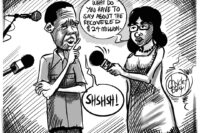


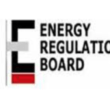
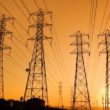

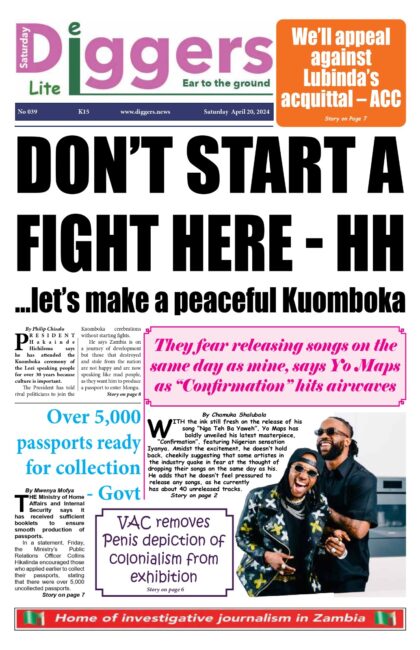
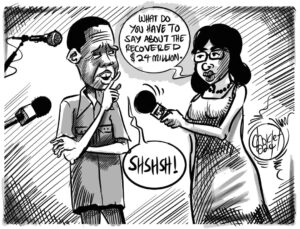

One Response
dear the diggers
the issue of raising the tariffs for zesco is not fair as the public was not consulted.the problem here is excessive taxation to members of the public while salaries have been frozen.this move will make Zambians more poor.The government is getting huge loans to build roads and airports and believe its time that they invest on manufacturing ,agriculture and food processing to raise money for the nation.The judiciary too need reform so that we can decongest the prisons and promote a just society.Its practically impossible to get justice in Zambia as things stands due to excessive police brutality .God bless Zambia.